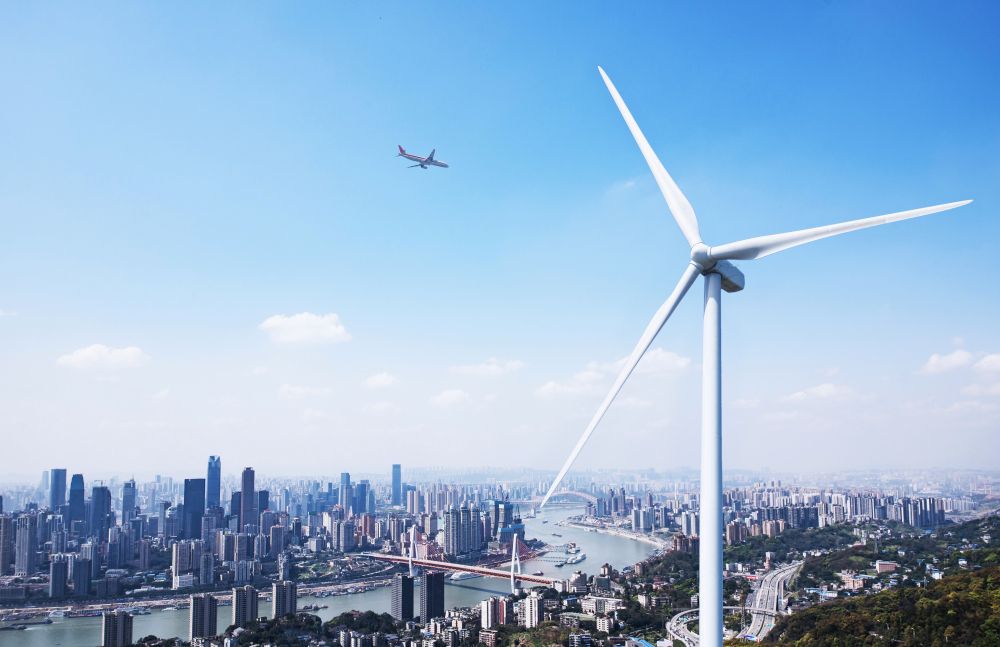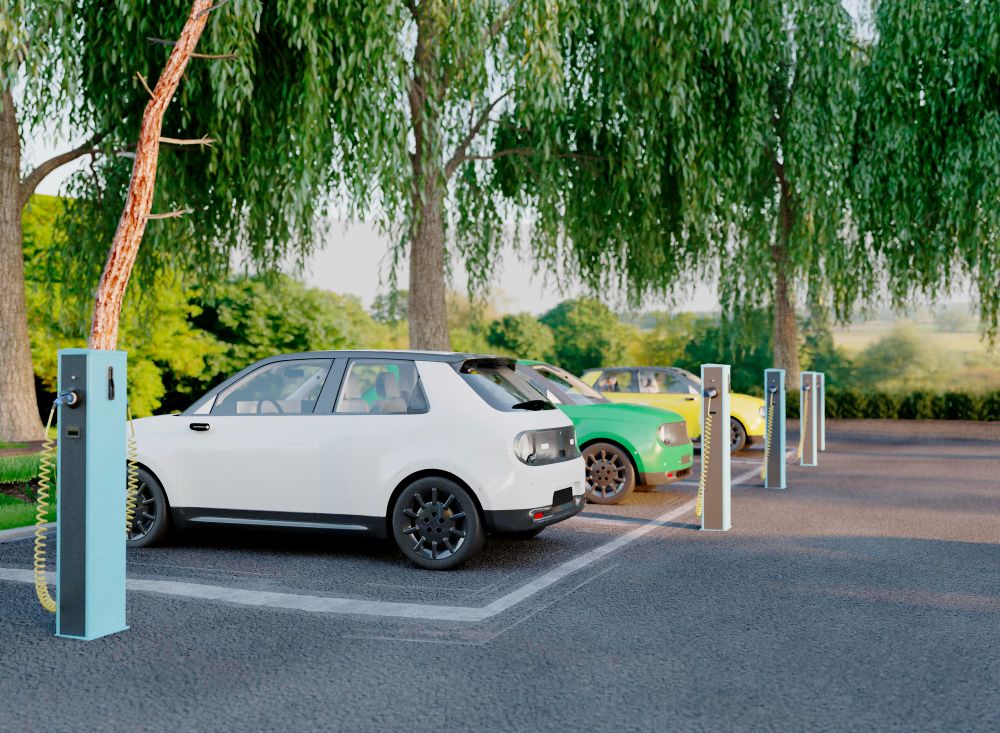
Smart City Solutions for Building Sustainable Cities
Introduction – The Sustainability Imperative
Cities are at the heart of global sustainability challenges. They consume over 70% of the world’s energy and generate a majority of greenhouse gas emissions. As urban populations grow, the demand for smarter, greener, and more resilient solutions intensifies. This is where smart city solutions for building sustainable cities come into play—integrating technology, innovation, and urban planning to create cities that thrive economically while respecting environmental boundaries.
Understanding Sustainable Cities
A sustainable city is one that balances growth with environmental responsibility, social inclusion, and long-term resilience. Its goals include:
- Reducing carbon emissions
- Promoting renewable energy
- Ensuring resource efficiency
- Fostering equitable communities
Sustainability is no longer optional—it’s the foundation for future-ready cities.
The Role of Smart City Solutions in Sustainability
Smart city solutions leverage technology to optimise resource use, reduce waste, and enhance quality of life. From data-driven traffic systems to energy-efficient buildings, these solutions form the backbone of modern sustainability strategies.
Energy-Efficient Infrastructure
Smart Grids
Smart energy grids optimise electricity distribution, reduce wastage, and integrate renewable sources like solar and wind.
Green Buildings
IoT-enabled buildings monitor energy consumption, regulate heating/cooling, and promote efficient lighting systems.
Renewable Energy Integration
Solar farms, wind turbines, and battery storage systems decentralise power while reducing carbon footprints.

Sustainable Mobility Solutions
- Electric Vehicles (EVs): Widespread EV adoption cuts emissions and supports clean energy transitions.
- Public Transit Innovations: Smart ticketing, integrated scheduling, and eco-friendly buses improve efficiency.
- Mobility-as-a-Service (MaaS): Digital platforms that combine cycling, ride-sharing, and public transport into one seamless service.
Waste & Water Management
- Smart Waste Bins: Sensors detect fill levels, optimising collection routes and reducing fuel use.
- Recycling Technologies: AI-powered sorting facilities increase recovery rates.
- Water Monitoring Systems: IoT-enabled sensors detect leaks and ensure sustainable water use.
Digital Transformation in Urban Sustainability
Digital technologies play a critical role in shaping sustainable cities:
- IoT Sensors: Enable real-time monitoring of energy, water, and air quality.
- AI & Big Data: Predict and prevent inefficiencies in energy and transport systems.
- Blockchain: Supports transparent energy trading and sustainable supply chains.
Community Engagement & Inclusion
Sustainable cities thrive when citizens actively participate. Smart citizen apps, open data platforms, and participatory planning tools ensure residents have a voice in shaping their communities.
Policy & Governance
Strong policy frameworks are essential. Governments must set sustainability benchmarks, while public-private partnerships enable innovation and long-term funding.
Benefits of Sustainable Smart Cities
- Environmental: Lower carbon emissions and cleaner air.
- Social: Healthier lifestyles, inclusivity, and safer neighborhoods.
- Economic: Job creation in green tech, reduced energy costs, and resilient infrastructure.
Challenges in Implementation
- High Initial Costs for technology deployment.
- Equity Concerns around access to digital services.
- Interoperability Issues between different systems and vendors.
Case Studies
- Singapore: Smart mobility and water management.
- Copenhagen: Carbon-neutral goal by 2025.
- Barcelona: IoT-based waste management and smart lighting.
The Smart City Ecosystem™ Approach
At Smart City Strategies and Solutions, we use our Smart City Ecosystem™ and Smart City Mandala™ frameworks to design sustainable, place-based strategies. By integrating digital analysis, stakeholder collaboration, and technology-driven planning, we help cities achieve long-term sustainability goals.
Future of Sustainable Cities
Emerging technologies—such as hydrogen energy, autonomous public transit, and AI-driven climate modelling—will redefine how cities balance growth with ecological responsibility. The next decade will be pivotal for embedding sustainability at the heart of urban innovation.
Conclusion – A Sustainable Urban Future
Building sustainable cities through smart solutions is more than a trend—it’s a necessity. By combining innovation, governance, and community participation, cities can become environmentally responsible, socially inclusive, and economically resilient. The time to act is now.
